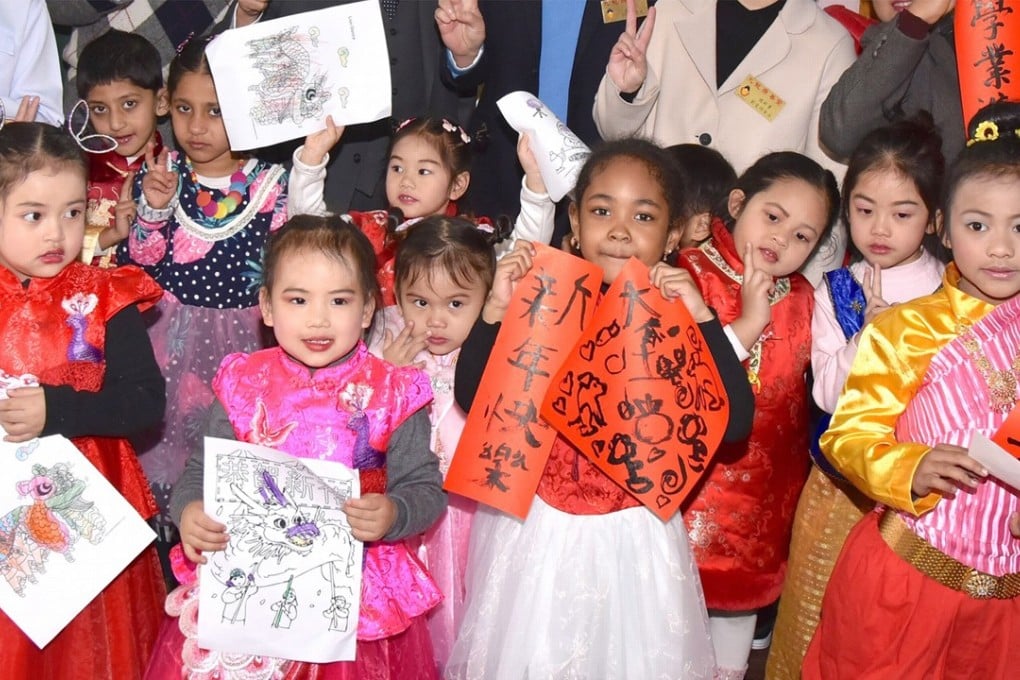Shortfalls found in public services for Hong Kong’s ethnic minorities
Government departments offering help on things such as job hunting, welfare, interpretation and integration were asked to regularly review and improve the effectiveness of their work, following findings of a survey

Researchers have called for more funding for NGOs to help Hong Kong’s ethnic minorities better integrate into society, after a government survey which looked into the effectiveness of public services for such groups revealed a number of shortfalls.
Government departments providing services most needed by ethnic minorities – job hunting, family and child welfare, interpretation and integration – were also urged to regularly review and improve the effectiveness of their work.

As of 2016, around 84,900 people – 1.2 per cent of the total population – of South Asian origin lived in Hong Kong, most whom were Indians, Nepalese and Pakistanis.
It just got easier for ethnic minorities to apply for more government jobs
